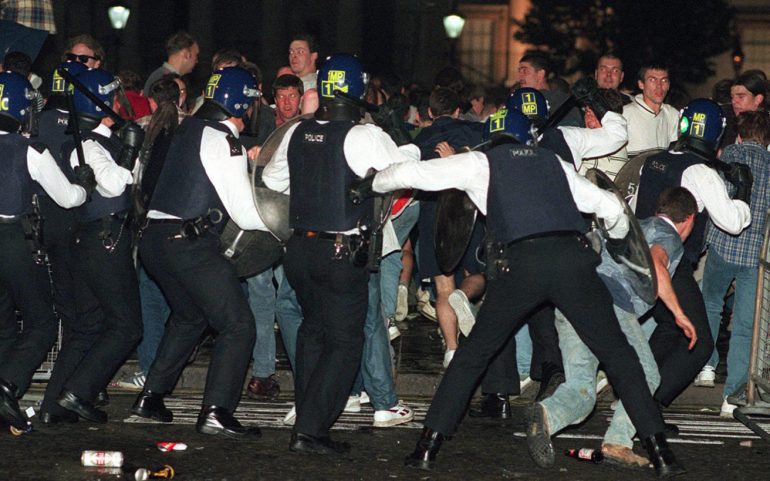Liverpool emblematic coach Bill Shankly once said: "Some people believe that football is a matter of life and death. I can assure you that it is much, much more important than that. " One could not use more appropriate words to describe the sport that millions of people on planet Earth adore and watch with bated breath from small or slightly larger screens each week.
Football is a homeless sport, but if we wanted to identify a country as its "birthplace", that would be England. There myths have been created and continue to be created related to it and at the same time it is flourishing as a completely profitable business, with groups that have grown into business giants and billionaire investors from all over the world.
But things were not always like that. Until the 80s, football in England was played differently, both on and off the field. There is a widespread urban myth that the turning point for the sport in Old Albion was the decisions of the "Iron Lady" or Margaret Thatcher. That is, the great changes in English football came about because of the policy pursued by the conservative prime minister after the tragedies of Hazel and Hillsborough.
The turning points
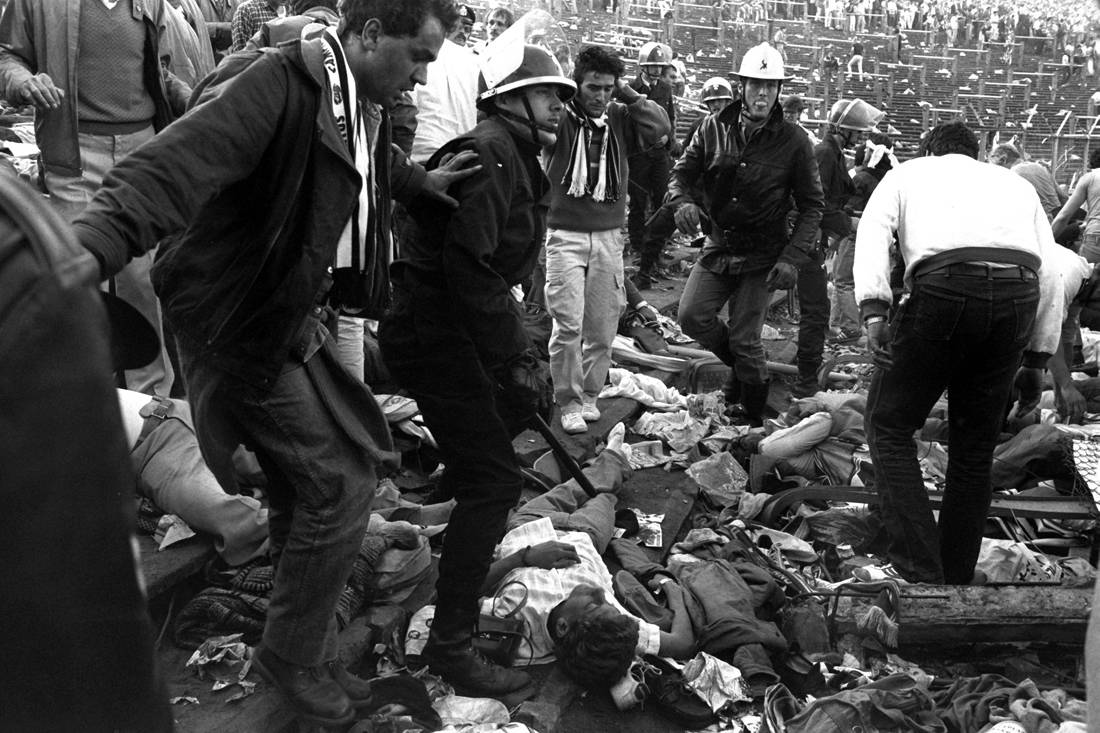
On 29 May 1985, at the Hazel Stadium in Brussels, the final of the European Champions Cup between Liverpool and Juventus was to take place. About an hour before the start of the match, fans of the English team broke the railing that separated them from the Italians, the latter began to retreat, until they fell on a wall. The unfortunates in front were crushed by the pressure of the thousands behind them, until the wall collapsed. The victims of the tragedy were a total of 39 to 600 people injured. On the grounds of "avoiding further violence", the match was held with the final winner being the Italian team. Liverpool fans were blamed for the tragedy, with Thatcher deciding to exclude the island's teams from European competitions for five years, while Liverpool were punished with six years of exclusion.
The Prime Minister of England expressed her shame for the outbreaks of violence by the fans. Thatcher, whose relationship with football begins and ends in this decision, actually did nothing to change English football in the 80s. However, for years her decision was considered a milestone in changing the game.
Margaret Thatcher did absolutely nothing at the institutional level other than tightening police measures, both inside and outside the stadiums. The "Iron Lady" seemed to see football, and those who followed it, with a hostile eye, while aiming to "hit" the working class, as the hooligans claimed came from it.
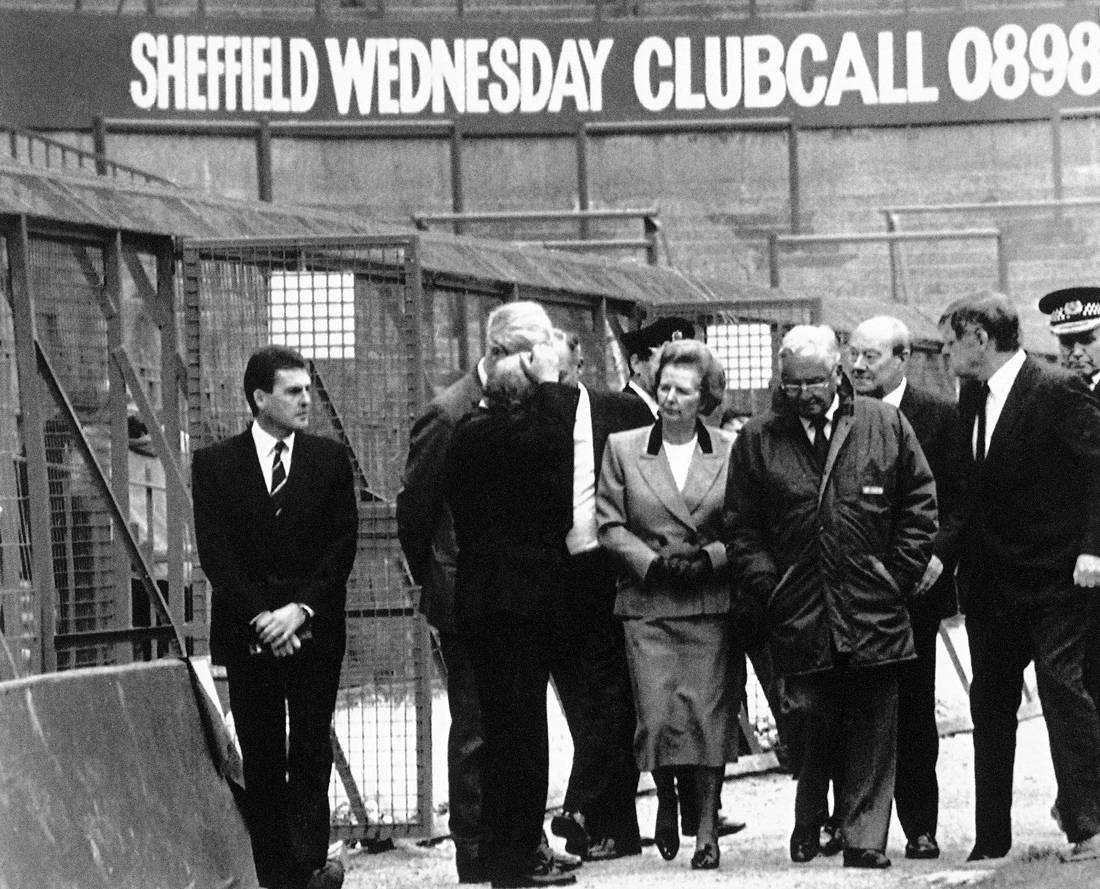
But apart from historical periods of hooliganism, British football had to deal with dangerous stadiums from the Victorian era. Just weeks before the tragic events in Hazel, a horrific fire at Bradford City Stadium resulted in 56 deaths.
On 15 April 1989, four days after the end of the penalty for the exclusion of English teams from European competitions, Liverpool and Nottingham Forest were to claim their place in the FA Cup final at Hillsborough Stadium. Six minutes after the start of the match, the head of the police force allowed the entry of 2.000 Liverpool fans who had secured tickets but were late to arrive due to the many consecutive checks. They did not enter with a system, but erratically, panic was caused, as those who had entered early were squeezed into the "protective" railings and died of suffocation or trampled.
The facts were transmitted in a deceptive way, with the police and the Thatcher government hiding and falsifying information. Through the mouth of David Cameron, then Prime Minister of England, the reality was revealed 23 years later. The reason that 96 people lost their lives and another 766 were injured was the unsuitability of the stadium - there were studies according to which the shelter was dilapidated and the fences that had been placed for safety, functioned as a gravestone -, the lack of organization and finally, the criminal negligence of the police. Not hooliganism or drunken followers who "urinated on the dead and stole them," as Rupert Mertnoch wrote in The Sun, for example.
The Hillsborough tragedy marked the culmination of a catastrophic era for football. "Hillsborough was almost the logical conclusion of this decade. "Football was basically on its knees," said Ian Ridley, author of "There Is a Golden Sky: How Twenty Years in the Premier League Changed Football Forever."
From this darkness, English football could have gone in one of two directions. The political class could accept Hillsborough's false narrative as proof that England football fans were desperate and that the sport was lost. The government could proceed with Thatcher's law to identify all followers. This would have alienated the existing base of the sport, while reinforcing the stigma that football was a sport for the poor, drunken criminals.
The creation of the Premiere League
The tragic events laid the foundation for the revival of football in England, which took shape with the creation of the Premier League in 1992. The leaders of the five biggest English clubs, the Big Five (Arsenal, Everton, Liverpool, Manchester United and Tottenham) Hotspur) who had the most profits and spent the most, wanted to create the elite of the leagues. So they sat down at the table and agreed on their common interest. Then came the issue of television rights.
At this point, Australian billionaire Rupert Murdoch enters the history of British football, once again, among the 100 richest people in the world and owner of the few media in the world. Murdoch informed that he is interested in making the league a basic product of his channels, with the unpaid (344.094.900 euros, from 1992 to 1997), for exclusive use. He claimed the rights to BSkyB, a company created by the merger of Sky Television, which he owned, and British Satellite Broadcasting. But he set a basic condition for the organizers: to get rid of the "bahalakides".
The Premier League had the support of all 18 First Division clubs, as well as the federation. All clubs had the right to vote. For the majority, they needed 2/3 of the votes. The founders' agreement was signed on July 17, 7. This was followed by the signing of their resignation from the Football League, the organizing authority for more than a century.
According to the founders' agreement, "the Premier League was created by the top clubs to prevent the outflow of income to the lower leagues".
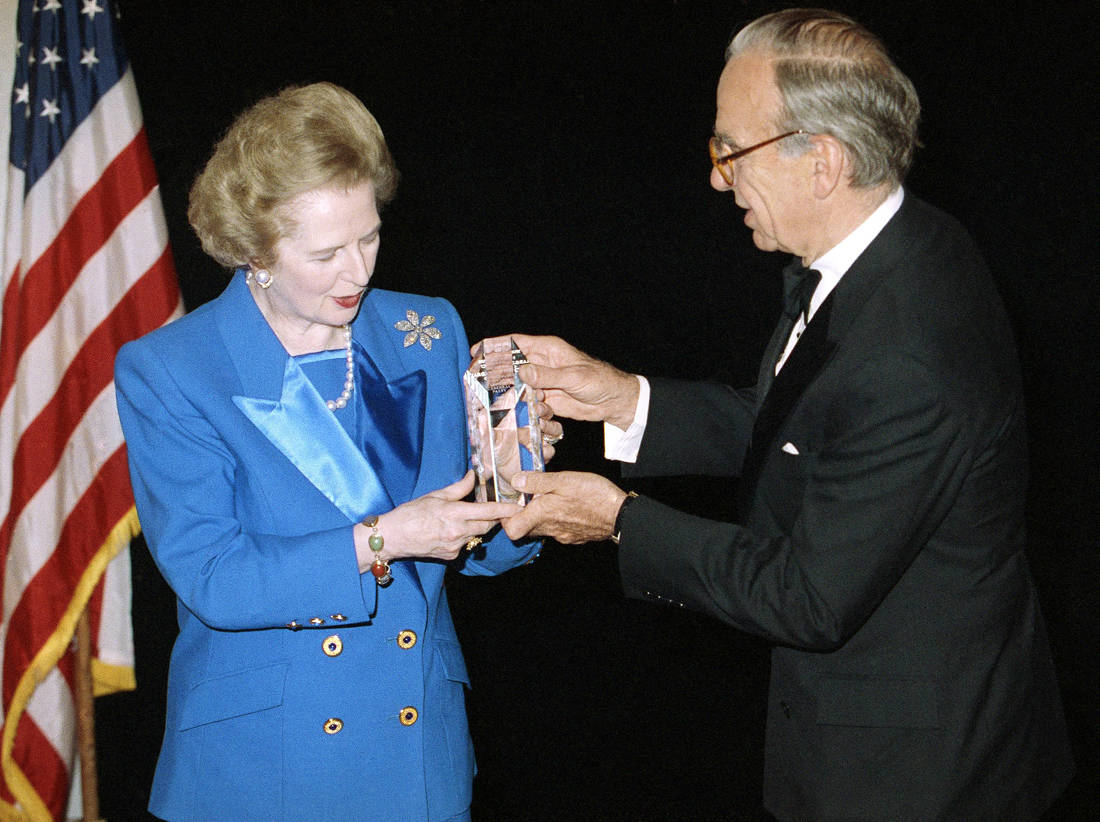
The Australian tycoon found many obstacles in his endeavor. Mostly from "guilds" that rose up with the argument that "the British will have to pay a subscription to watch the Premier League". Sir Alex Ferguson, then Manchester United manager, had said: "This will hurt the chances of excellence in Europe." There were protests about the crossings that were set at 3 at noon and about the possibility that the television network had to decide on the opening hours.
With the money provided by Murdoch, the clubs could secure foreign players, while the British footballers stopped leaving the country. The loss of 53.024.460 euros in 1992, became a profit of 69.947.160 euros the following year and from there on profits have exceeded 1 billion. Some regulations have also changed. For example, the goalkeeper no longer had the right to take a pass from a teammate.
At the same time, important foreign players became more interested in English football due to the economic boom. In the 1980s, foreigners preferred to play in the Italian Serie A league. By the mid-90s, they started going to the cash-rich Premier League. Some shocking examples: Eric Cantona, Jürgen Klinsmann, Dennis Bergkamp, Thierry Henry.
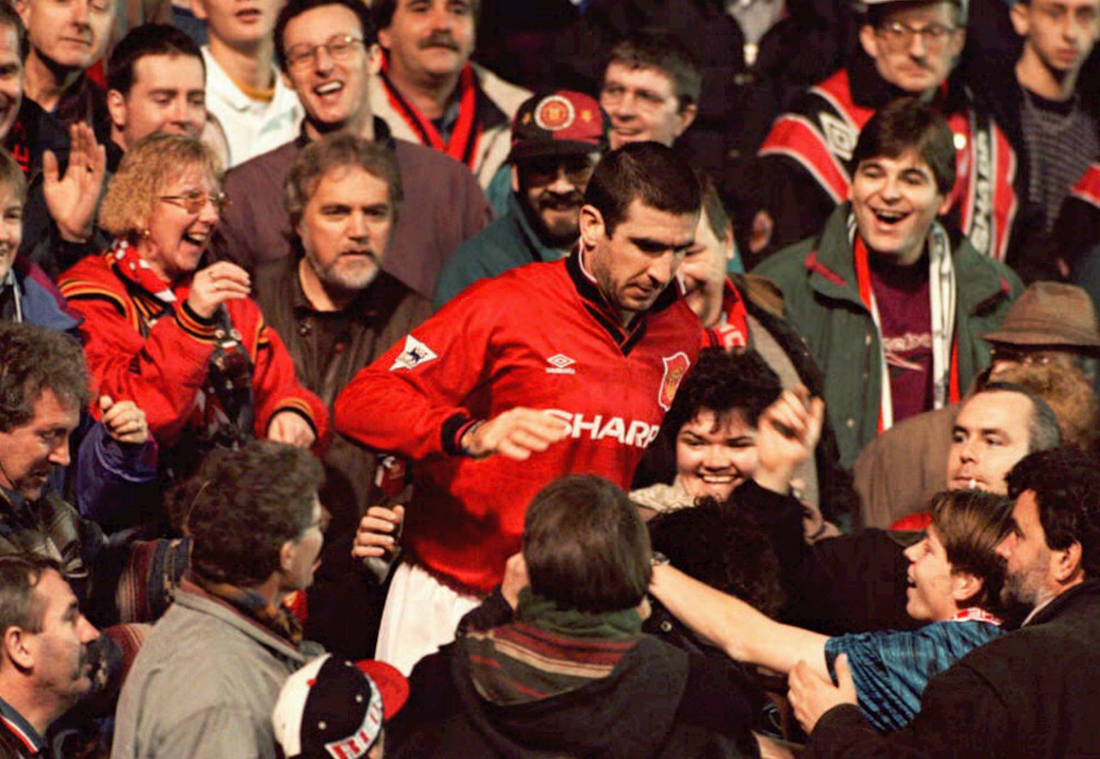
As the product improved on the field and more money was invested, channels from abroad became interested in television rights. In addition, in 1997 Sky renewed its agreement for 670 million pounds, ie a 337% increase in annual rights. At the same time that television was attracting millions of new subscribers, the country's football clubs were making the most of their revenue from television deals.
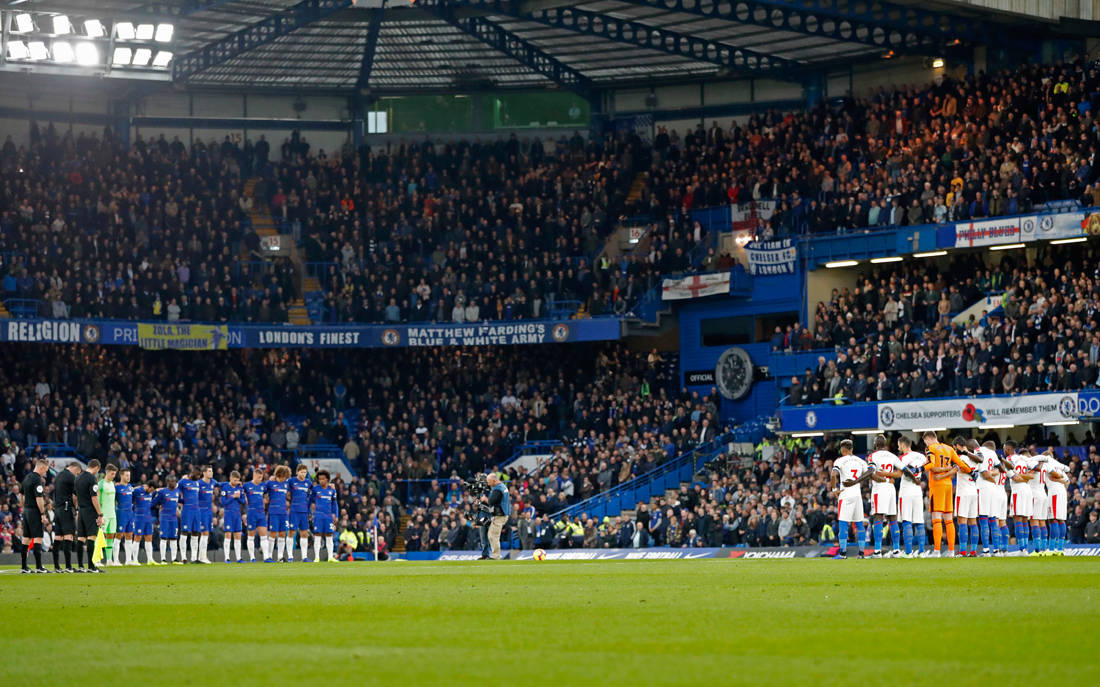
The John Major government provided funding in 1994 for teams to rebuild their stadiums, ticket prices increased and a different number of people began to appear on the stands, such as families. The violence spread to stadiums and football became a spectacular product.
Historically, the rights monopoly by BSkyB ended in 2006 after a European Commission investigation concluded that it was not legal for a network to have a rights monopoly. In 2014, Deloitte (the 6th largest private organization in the US) announced that the Premier League raises the most money, from TV rights, of any other league in the world.
